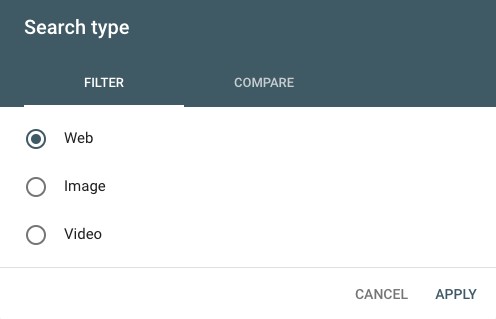The best part of freelancing is the freedom it affords. Freedom to set your schedule. Freedom to choose your clients. Freedom to travel. Of course, that freedom only extends so far, and one thing freelancing doesn’t free you from is paying taxes.
Whether you are freelancing full-time or supplementing your income, it is important to consider the financial implications. Don’t get caught off guard at the end of the year when it’s time to report your freelance income.
Here’s the bare minimum every freelancer needs to know about accounting:
Seriously, File Your Taxes
When you are employed, the company you work for takes a portion of your pay each period and passes it on to Uncle Sam.
As a freelancer, however, it is your responsibility to report your earnings to the government. You should get a 1099-MISC form from each client that paid you more than $600 during the calendar year. Report your earnings from freelance work even if you do not receive a 1099-MISC form from it. Use Schedule C to report your earnings and make deductions.
Not reporting or undercounting your freelance income could eventually get you in trouble. Plus, if you are trying to build a credit history or buy a house, you’ll need tax returns that document your income. When it comes to qualifying to buy a home you definitely don’t want your proof of income to be undercounted, so you are best off filing your taxes correctly each year.
Save a Percentage of Earnings to Pay Your Taxes
Since you don’t have an employer that is collecting a percentage of your pay for taxes, it is up to you to save for it.
With that in mind, expect to owe the Internal Revenue Service (IRS) if you have been living off of freelance work or even adding freelance work to your regular job.
Save 25%-30% of your earnings each time you get paid by a client. This way you will have the money set aside when you figure out how much you owe in taxes at the end of the year.
It might sound like a lot, but remember that in addition to income taxes, you will be subject to a self-employment tax. The self-employment tax is your contribution to Medicare and Social Security that your employer usually withholds on your paycheck.
If you make a significant income from freelancing, you can also arrange to make estimated tax payments every quarter.
Deductions Help You Save
One way to save on the amount of taxes you owe is to remember to take deductions on everyday purchases. Of course, these purchase must be relevant to your work as a freelancer.
For example, if you use your home as an office, you can deduct a portion of your monthly rent or mortgage payment. You can deduct computer and technology expenses, internet and utility expenses, and advertising and marketing expenses.
Save your receipts for any purchases related to your freelance work and itemize as many deductions as you can.
Take a Pass-Through Deduction
One of the best deductions you can take as a freelance business owner is a newly introduced provision of the tax code.
Most freelancers can deduct 20% from their taxable income in what is called a pass-through deduction. That means if you made $1,000 freelancing in a year, only $800 of it is considered taxable. The other 20% is not taxable.
Use a Separate Checking Account
Another trick to help make your income and expense tracking easier is to use a dedicated checking account devoted to your freelance work.
This will make it simpler to separate your personal spending from your work-related spending. When you need to pay yourself you can transfer money to your personal checking account. However, remember to keep a certain percentage of your income in the account for taxes, or better yet, open a separate saving account for that.
Building Your Financial Future
These practices form the foundation of what every freelancer needs to know about accounting.
By reporting your income, saving for taxes, maximizing deductions and keeping a separate bank account for freelancing, you will have developed a set of accounting best practices to live by.
The post An Accounting Crash Course For Freelancers appeared first on .

